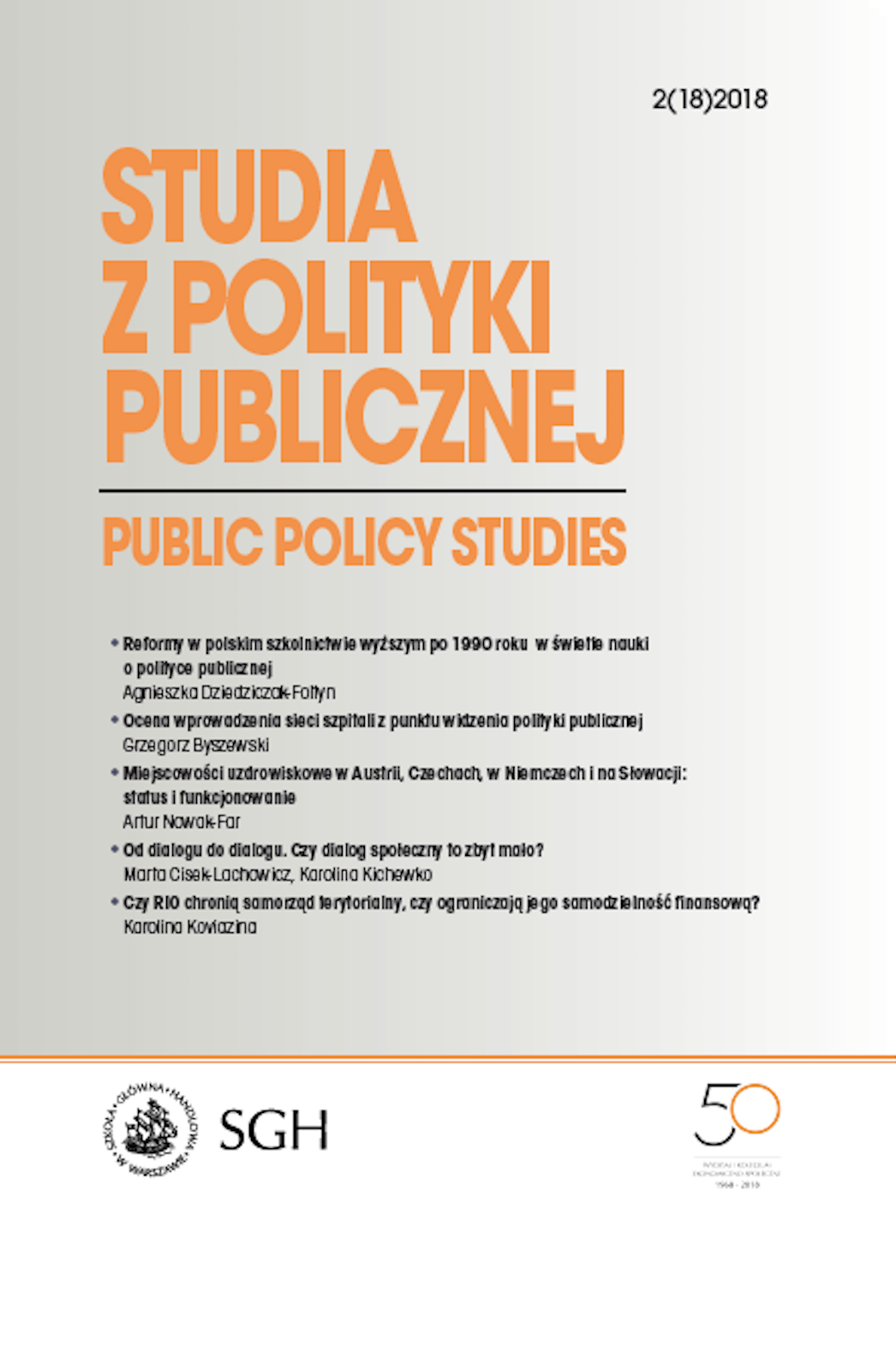In search of the concepts of the European Union research
In search of the concepts of the European Union research
Author(s): Stanisław KaźmierczykSubject(s): Public Administration, Public Law, EU-Approach / EU-Accession / EU-Development
Published by: Szkoła Główna Handlowa w Warszawie
Keywords: European Union; methodology; public policy; political science; science; social studies
Summary/Abstract: In search of the starting points of the title concept one can focus on the EU law as a broadly viewed basis encompassing the accession of the states to the European Union, thus their membership. In this context the following important question may be asked, i.e. where we obtain the knowledge of the European Union. Referring to the juridical correlation in place, we would then say that the answer lies in the respective treaty of the primary law of the EU It goes without saying that this answer is not subject to doubt. However, the answer itself does not prove comprehensive when we differentiate the foundation of the European Union, then the formal membership, and its development affiliation. Generally speaking, the first two areas legitimise the above presented 'from where' in a different way from the way it is subject to legitimisation in the third area. The particle gains in importance as we still tend to (ultimately) explain the development of the European Union through the European legislation. One can apply this approach, yet one should also bear in mind that such action proves, above all, one-sided. The action primarily proves anti-developmental as it finds itself unable to shed light on the EU in the numerous aspects of its functioning. For the reasons given above, the main thesis of the paper is that, in the methodological ways of examining the thought, the European Union should be subject to examination through the EU as a community, i.e. the EU within the EU To help exemplify the reasoning, I applied the familiar inter, which is broadly applied in the methodologies of science. I ascribe the generation of new concepts to it, the ones that allow to examine the complex structures of the EU, and through the examination it is hoped to coin new postulates that concern the steering of the EU as a way of practice. Undoubtedly, the inter is reconstructed on grounds of the up-to-date knowledge of itself. Only then do we conceptualise it, and arising out of this conceptualisation, we would reconstruct the postulates aimed at the EU, yet not in the narrow-juridical categories as the EU law does not exhibit a separately differentiated theory.
Journal: Studia z Polityki Publicznej
- Issue Year: 10/2016
- Issue No: 2
- Page Range: 129-152
- Page Count: 24
- Language: English, Polish

